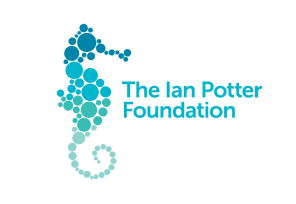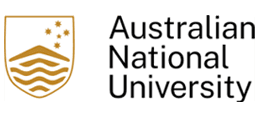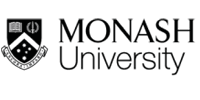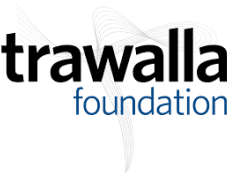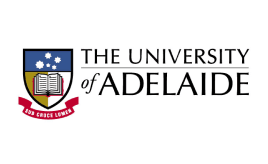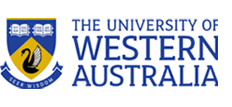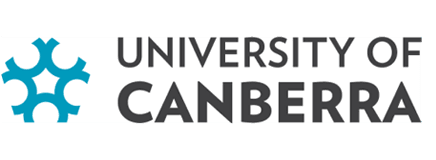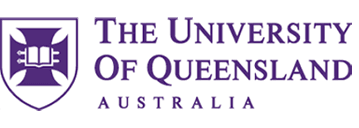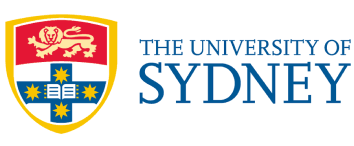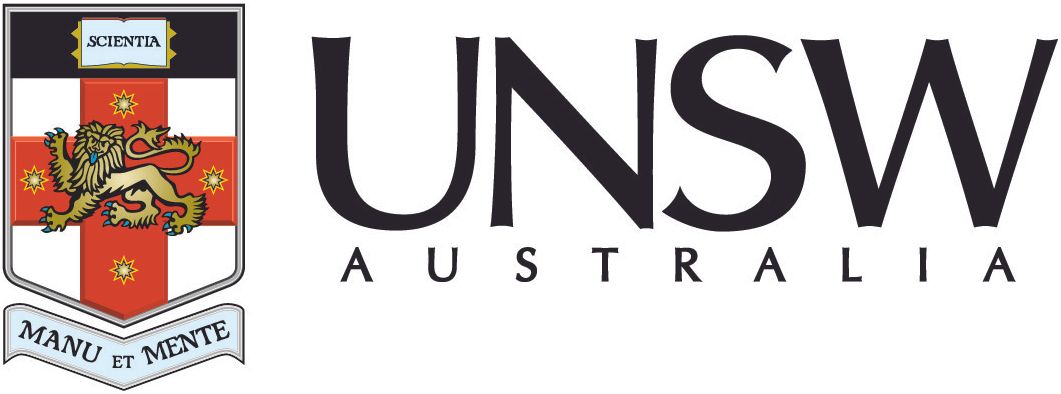Varroa mite establishment is alarming - but there could be a silver lining for Australian wildlife
Image: Jaana Dielenberg
Media Release
21 September 2023
Whilst establishment of the invasive verroa mite will have major impacts on Australia’s bee-keeping industry, it may deliver benefits for Australian wildlife by acting as an environmental biocontrol for feral honeybees.
What’s happened?
The varroa mite is a parasitic mite that lives on European honeybees and can cause the collapse of bee colonies. Since it was detected in Australia 15 months ago around $130 million has been spent with the aim of eradicating the incursion due to risks to Australia’s commercial honey industry and crop pollination services.
Government and industry groups have now shifted to containment and control following the failure of eradication efforts. Hygiene and management approaches will now be used by the industry to protect individual hives.
What does varroa mite mean for Australian biodiversity?
Biodiversity Council member Associate Professor Patrick O’Connor from The University of Adelaide said that the varroa mite is likely to inadvertently deliver substantial benefits for Australian wildlife.
“Since European honeybees were introduced to Australia around 200 years ago they have established in the wild where they compete with native animals for tree hollows, pollen and nectar,” Associate Professor O’Connor said.
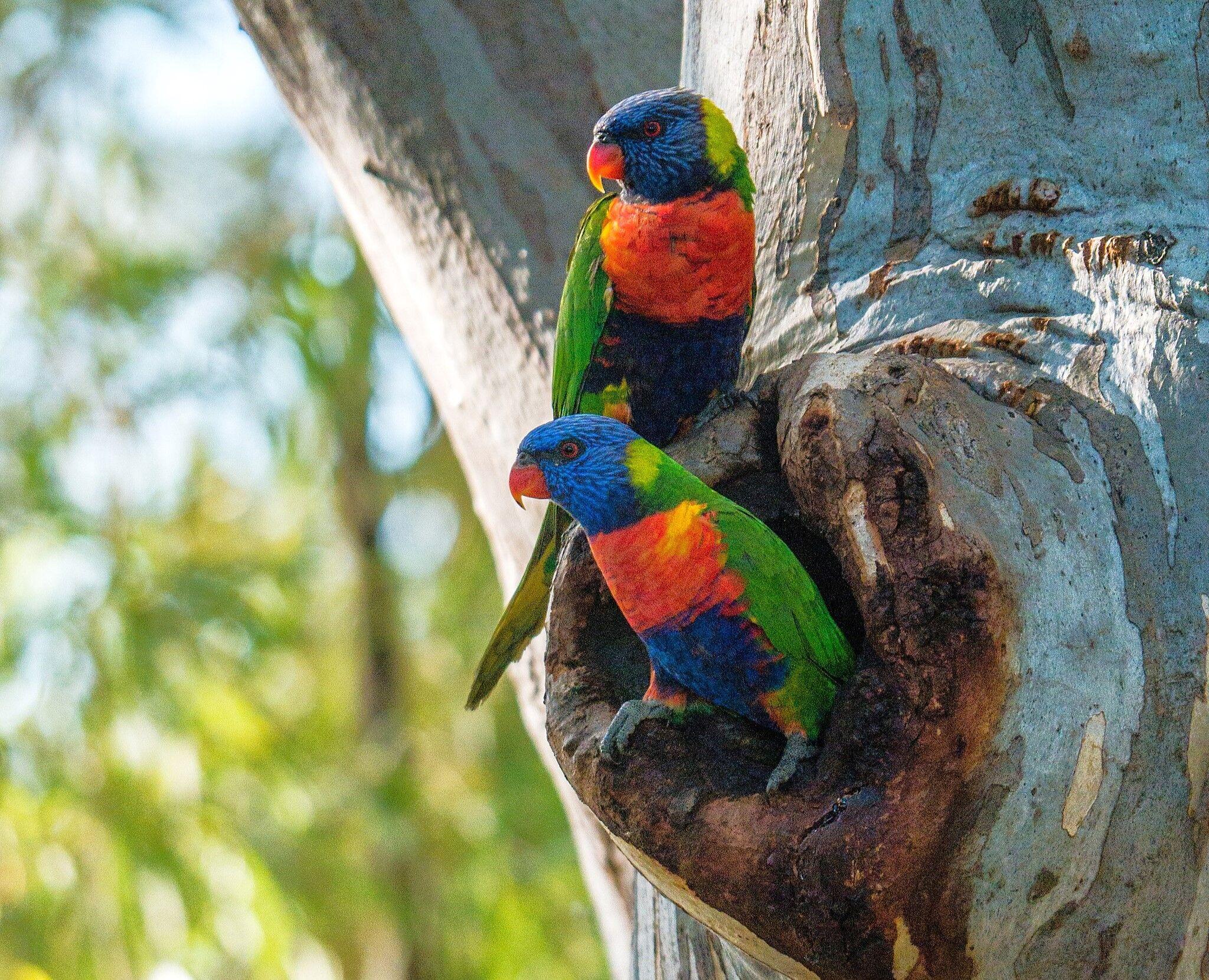
Rainbow lorikeets nesting in the hollow of a forest red gum. Image: John Robert McPherson, CC BY-SA 4.0 via Wikimedia Commons
“Competition from feral honeybees is recognised as a key threatening process to native wildlife.
“If the mite spreads through the massive feral bee population in our native ecosystems and knocks it down, it will give many native animals a chance of recovery.
“Native pollinator insects would benefit, as would animals that feed on nectar and pollen like honeyeater birds and pygmy possums. Hollow-nesting species like parrots, owls, possums and gliders will also benefit.
“For these recoveries to take place it is important that apiarists do not expand further into native vegetation with managed hives, or our native animals will just exchange competition with feral bees for competition with commercial bees.” Associate Professor O’Connor said.
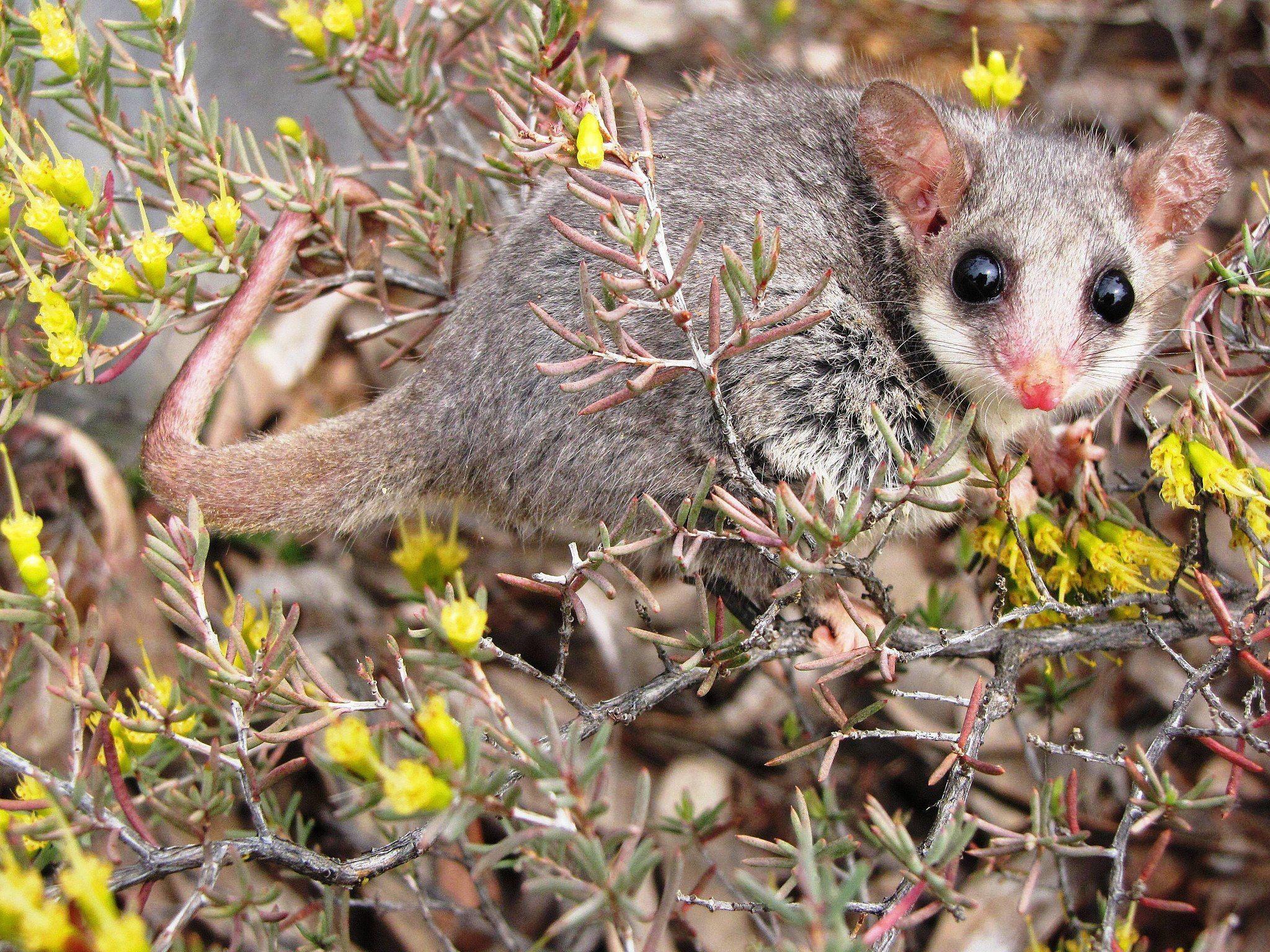
Eastern pygmy possum in Pilliga Forest, NSW. Image: Phil Spark, CC BY 2.0 DEED.
Biodiversity Council Acting Executive Director James Trezise said that, “While devastating for the bee-keeping industry, the failure to prevent varroa mite establishing highlights the growing pressures on Australia’s biosecurity system.
“The latest IPBES report found that invasive species are one of the biggest threats to our ecosystems and wildlife. A strong, transparent and well resourced biosecurity system is critical to protecting Australia’s environment along with managing the risks to primary industries.”
The Biodiversity Council was founded by 11 Universities and brings together leading Australian experts to raise awareness of Australia’s biodiversity crisis and to promote evidence-based solutions.



